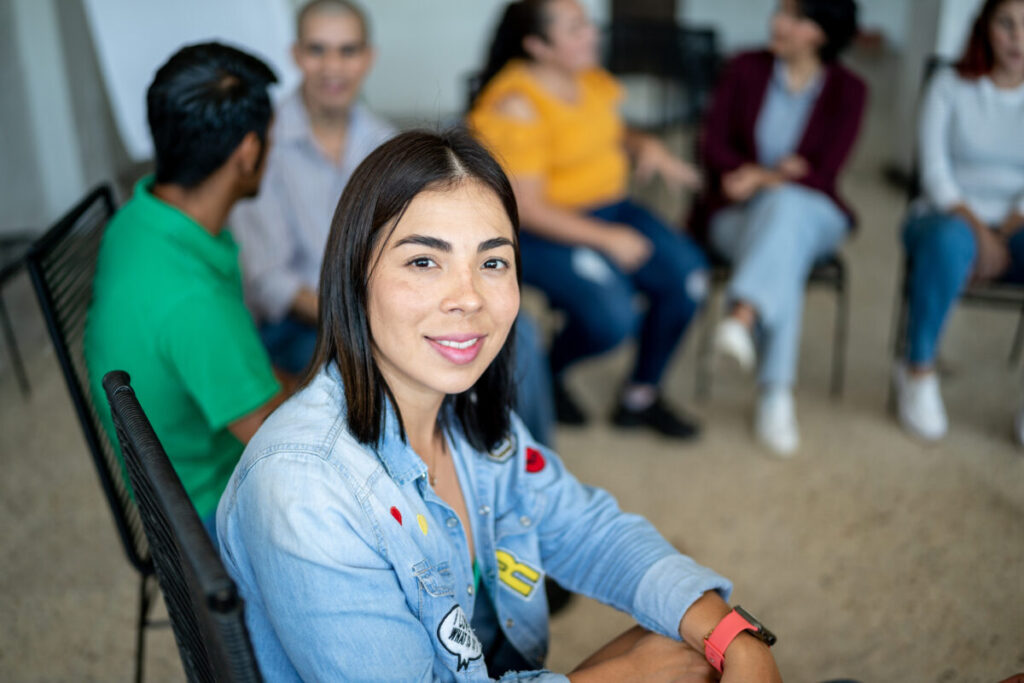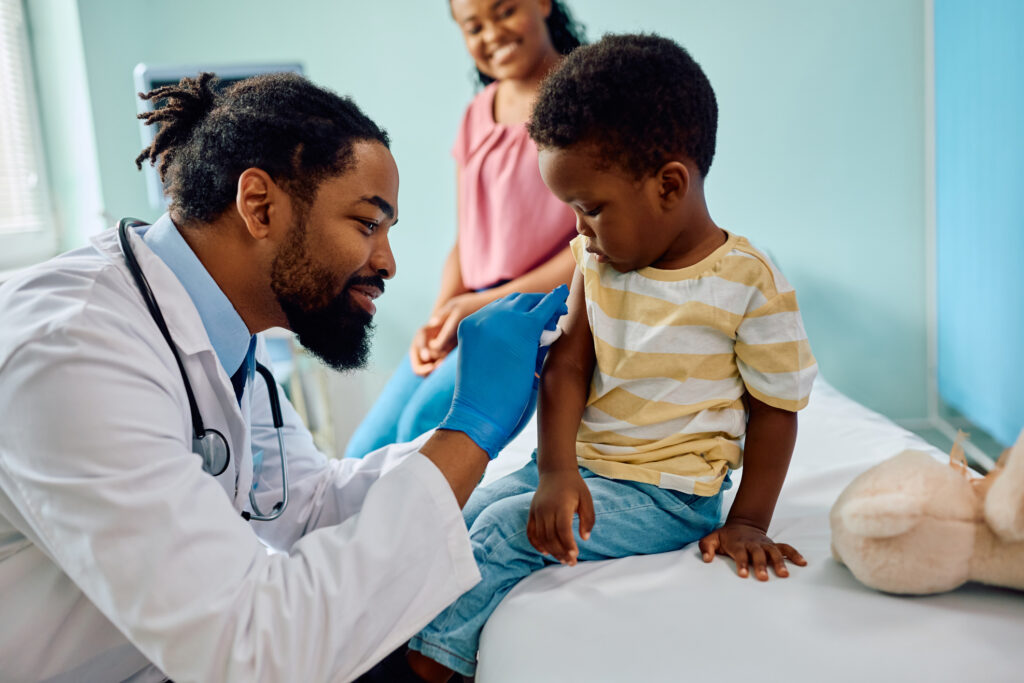As recent data shows, COVID-19’s infection and death rates illustrate the profound racial and ethnic disparities in the nation’s health care system and the social and economic inequalities that affect health outcomes. To curb COVID-19 and improve the quality of care delivered to communities that have faced decades of discrimination, a few states are bolstering their community health workforces.
Community health workers (CHWs), are culturally competent, frontline public health workers who are trusted by the communities they serve. Evidence suggests individuals benefit from relationships with people who have similar lived experiences and are members of their community. CHWs are uniquely positioned to build trust and address barriers that traditionally underserved communities face when seeking medical care and services. CHWs can also provide collaborative, patient-centered approaches to care and generate cost savings for state programs.
History of State CHW Initiatives
Before the pandemic, many state programs enlisted CHWs to address challenging aspects of their health improvement initiatives, such as facilitating care coordination, enhancing access to community-based services, and addressing social determinants of health. Payment strategies for CHWs vary; a majority of services are grant-funded with some states reimbursing for CHW services through their Medicaid programs or hiring CHWs as part of managed care organizations.
As states work to address COVID-19, they are bolstering their health care workforces, ramping up contact tracing programs, and finding new ways to fill the gaps in the public health infrastructure created by chronic underfunding. With increased recognition of the adverse health impacts of structural racism, CHWs – who were deemed essential critical infrastructure workers’ by the Department of Homeland Security – may strengthen the emergency response and facilitate recovery across demographics.
State Examples of CHW Engagement to Address COVID-19
- Delaware: In May, Gov. John Carney announced a partnership with Healthy Communities Delaware – a collaboration between the Delaware Division of Public Health, the Delaware Community Foundation, and the University of Delaware. The partnership’s goal is to provide linkages between those who test positive for COVID-19 and CHWs, who can help coordinate basic needs like grocery delivery and housing during a period of quarantine. Healthy Communities Delaware is coordinating the effort in partnership with community-based organizations.
- Hawaii: The University of Hawaii is partnering with the Hawaii Department of Health to expand the CHW curriculum at community colleges so that graduating CHWs are equipped to assist with COVID-19 contact tracing efforts. CHWs will specifically help with contact tracing efforts in Native Hawaiian/Pacific Islander communities, which are disproportionately affected by COVID-19, and among individuals facing homelessness and unemployment.. The funding for this initiative was appropriated from Hawaii’s federal CARES Act relief funds.
- Massachusetts: The Office of Community Health Workers recently issued guidance for CHW employers detailing how they can engage CHWs in the state’s COVID-19 pandemic response. The suggestions include cultural competence training and outreach about the virus and its impacts, connecting individuals with community services and supports, and assisting people with the new technologies needed for telehealth appointments. The guidance also acknowledges the increased need for resources, technology, and employer support as CHWs take on a growing and varied number of challenges presented by the pandemic.
Some cities also present promising examples of how CHWs can factor into response and recovery plans. The City of Baltimore is responding to COVID-19s dual economic and public health crises by creating the Baltimore Health Corps. The pilot program, funded by the CARES Act, the Baltimore City Health Department, the Mayor’s Office of Employment Development, and The Rockefeller Foundation, will hire and train individuals who have recently lost their jobs due to the pandemic to be contact tracers and CHWs. The Health Corps will primarily serve communities that have been disproportionately impacted by COVID-19.
The examples above spotlight how partnerships between different sectors allow cities and states to address the needs of specific populations, to create jobs, and to ramp up their contact tracing workforces. Each addresses the need for equitable care that is delivered by people who understand the lives and challenges of the community they are serving in order to make sure interventions are appropriate and effective. States may want to consider adopting similar strategies along with training their existing CHW workforces for the new challenges of COVID-19 response and recovery.



